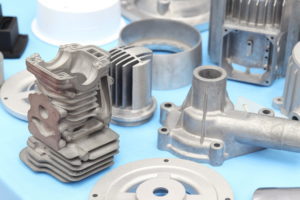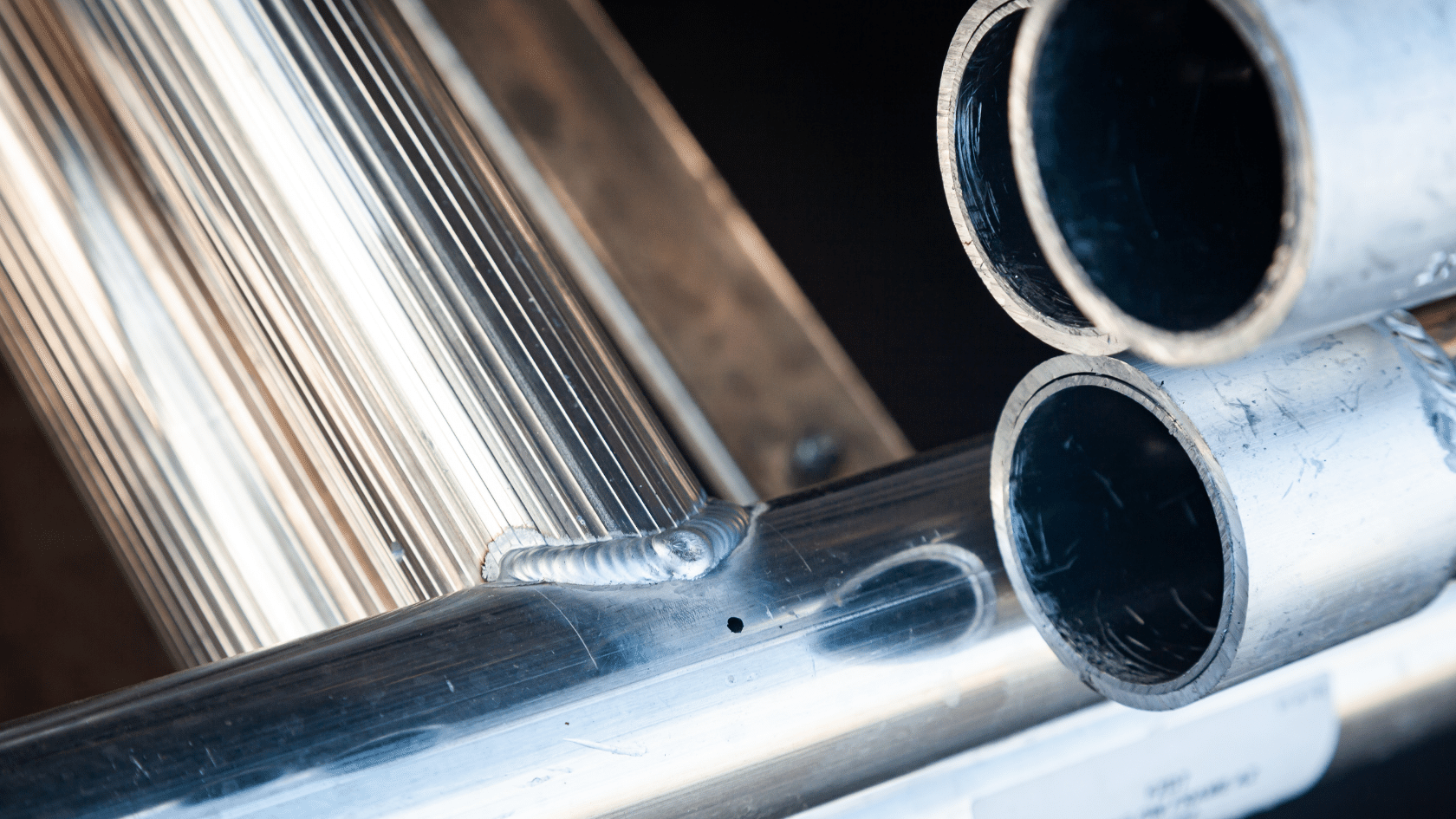The Of Alcast Company
The Of Alcast Company
Blog Article
Alcast Company for Dummies
Table of ContentsThe Definitive Guide for Alcast CompanyAll about Alcast CompanyThe Definitive Guide for Alcast CompanyAlcast Company Fundamentals ExplainedThings about Alcast CompanyUnknown Facts About Alcast Company
Chemical Comparison of Cast Aluminum Alloys Silicon promotes castability by lowering the alloy's melting temperature level and boosting fluidness throughout spreading. Additionally, silicon contributes to the alloy's strength and put on resistance, making it valuable in applications where resilience is important, such as vehicle parts and engine elements.It additionally improves the machinability of the alloy, making it easier to refine into finished items. In this method, iron adds to the overall workability of light weight aluminum alloys.
Manganese contributes to the stamina of light weight aluminum alloys and improves workability. Magnesium is a light-weight component that offers toughness and impact resistance to light weight aluminum alloys.
Not known Factual Statements About Alcast Company
It permits the manufacturing of lightweight components with exceptional mechanical residential or commercial properties. Zinc improves the castability of light weight aluminum alloys and aids control the solidification process during casting. It improves the alloy's strength and hardness. It is typically discovered in applications where detailed forms and great information are essential, such as decorative spreadings and certain automotive parts.

The key thermal conductivity, tensile stamina, return stamina, and elongation vary. Select appropriate resources according to the performance of the target product generated. Amongst the above alloys, A356 has the highest possible thermal conductivity, and A380 and ADC12 have the most affordable. The tensile limitation is the contrary. A360 has the ideal yield stamina and the greatest elongation rate.
The Best Guide To Alcast Company

In accuracy casting, 6063 is fit for applications where elaborate geometries and high-quality surface area finishes are critical. Instances consist of telecommunication units, where the alloy's remarkable formability allows for sleek and visually pleasing designs while preserving architectural integrity. In the Illumination Solutions sector, precision-cast 6063 elements develop elegant and efficient lights fixtures that require elaborate shapes and good thermal performance.
It results in a better surface area coating and better rust resistance in A360. Moreover, the A360 exhibits remarkable prolongation, making it optimal for complicated and thin-walled components. In accuracy spreading applications, A360 is well-suited for sectors such as Customer Electronic Devices, Telecommunication, and Power Devices. Its enhanced fluidness permits for elaborate, high-precision elements like mobile phone housings and communication device housings.
See This Report on Alcast Company
Its unique homes make A360 a useful option for precision spreading in these markets, improving product durability and quality. Aluminum Castings. Light weight aluminum alloy 380, or A380, is a commonly used spreading alloy with a number of distinctive characteristics.
In precision spreading, light weight aluminum 413 shines in the Consumer Electronic Devices and Power Devices industries. This alloy's premium corrosion resistance makes it an exceptional selection for outdoor applications, making sure long-lasting, resilient products in the mentioned markets.
4 Simple Techniques For Alcast Company
The light weight aluminum alloy you choose will considerably affect both the casting procedure and the properties of the last product. Because of this, you must make your choice thoroughly and take an enlightened strategy.
Establishing the most appropriate light weight aluminum alloy for your application will certainly imply evaluating a wide range of characteristics. The very first group addresses alloy qualities that influence the production procedure.
Things about Alcast Company
The alloy you choose for die casting directly affects a number of elements of the casting process, like how simple the alloy is to deal with and if it is vulnerable to casting flaws. Warm fracturing, additionally known as solidification breaking, is a common die spreading defect for light weight aluminum alloys that can cause interior or surface-level tears or fractures.
Specific aluminum alloys are extra at risk to hot splitting than others, and your choice ought to consider this. It can damage both the actors and the die, so you should look for alloys with high anti-soldering properties.
Corrosion resistance, which is already a notable quality of light weight aluminum, can vary considerably from alloy to alloy and is a crucial characteristic to take into consideration depending on the ecological problems your product will be revealed to (aluminum foundry). Put on resistance is one more building typically sought in aluminum items and can set apart some alloys
Report this page